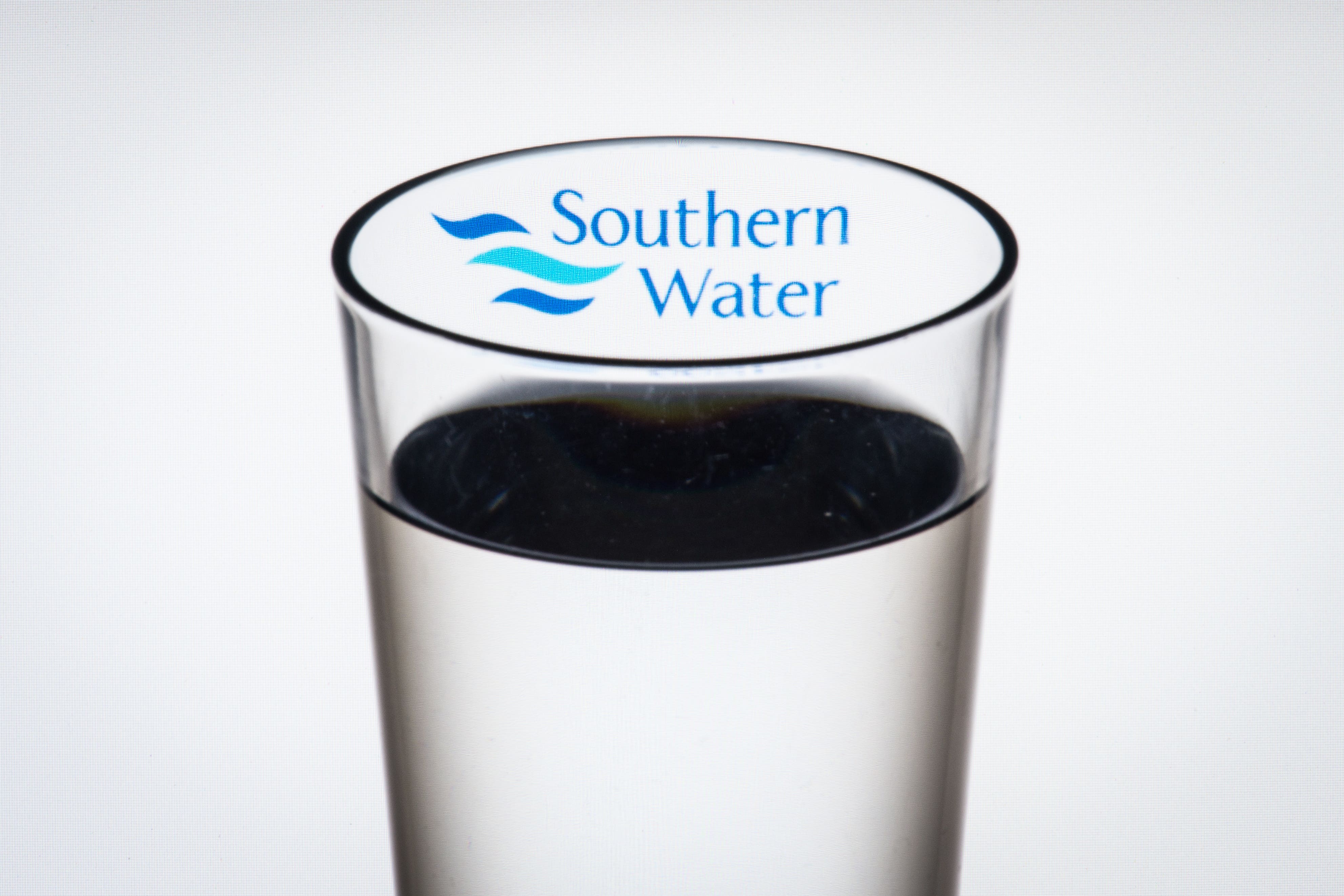Southern Water ‘considering bill rises of 73%’
The company said the plans are not final but part of an exploratory research programme before it submits proposals to Ofwat.

Your support helps us to tell the story
From reproductive rights to climate change to Big Tech, The Independent is on the ground when the story is developing. Whether it's investigating the financials of Elon Musk's pro-Trump PAC or producing our latest documentary, 'The A Word', which shines a light on the American women fighting for reproductive rights, we know how important it is to parse out the facts from the messaging.
At such a critical moment in US history, we need reporters on the ground. Your donation allows us to keep sending journalists to speak to both sides of the story.
The Independent is trusted by Americans across the entire political spectrum. And unlike many other quality news outlets, we choose not to lock Americans out of our reporting and analysis with paywalls. We believe quality journalism should be available to everyone, paid for by those who can afford it.
Your support makes all the difference.Southern Water is proposing to charge customers an extra £279 a year on their bills by 2030, documents from a focus group reveal.
Under the plans, which account for inflation, each household would have to pay on average 73% more by 2030 compared with today – a total of £759 a year.
Throughout the five years of the plan, they would have to find £959 more than if bills stayed at the same price as today.
A “least cost plan” is also being considered, which would save each household £10 by 2030 but some improvement works on reducing sewage spills, repeat flooding, climate adaptation and sewage infiltration would not be completed.
In the leaflets, given to the PA new agency by a member of a focus group who wished to remain anonymous, Southern Water said its regulatory commitment is to reduce sewage spills by 25% by 2030 and 75% by 2050.
It said for this it needs to charge £30 per household, which totals £750 million.
The least cost option would save a further £3-a-year rise by 2030 – giving Southern Water £60 million – but the company would not invest in accelerating work to reduce sewage discharges from the top 30 spilling storm overflows.
Southern Water said the options are not final but part of a wider programme of research before it submits its proposals to industry regulator Ofwat in October and that the figures do not include discounts of least 45% to around 125,000 households in financial hardship.
Katy Colley, from the group Hastings Boycotts Southern Water, said: “Southern Water has had years to put their house in order and make the necessary investments from the money they collect from our bills; instead they paid out millions in dividends, executive salaries and bonuses.
“Now they want us to pay all over again for the works they should have already done. It’s a disgrace and we are certainly not going to pick up the bill for their greed.”
Ms Colley is one of a number of people across the country who are withholding their wastewater bills in protest at sewage pollution.
She said customers from eight of the 11 water companies in England and Wales have now contacted her to say they are committing to the same.
Southern Water provides water to 2.6 million customers and wastewater services to 4.6 million customers across Kent, Sussex, Hampshire and the Isle of Wight.
In 2021, it was fined a record £90 million for what a judge called a “shocking and wholesale disregard for the environment” when it dumped billions of litres of raw sewage into the sea.
Katy Taylor, chief customer officer of Southern Water, said: “We regularly listen to the views of customers from across our region when we plan future investment in our network, and we discuss the possible impacts on bills.
“We know our communities want to see us investing to improve our environmental outcomes and to do it wisely, but we also recognise the concerns about rising payments in the face of a cost-of-living crisis.
“This is why it is important we work together with our communities, in finding the right balance.”
This absolute scandal makes it crystal clear that our privatised water system is broken
Cat Hobbs is the director of We Own It, a group campaigning for public ownership of the water companies.
She said that, according to a poll of more than 4,000 people commissioned by her group, 69% support public ownership, adding: “This absolute scandal makes it crystal clear that our privatised water system is broken.
“No wonder people are outraged to the point of boycott. Instead of forcing customers to pay even more, it’s time to take Southern back into public ownership.
“Shareholders the other side of the world don’t care that beaches in southern England are covered in sewage.
“We should copy Scotland – investment by publicly-owned Scottish Water is 35% higher and rivers and seas are cleaner as a result.
“Water is the stuff of life, it should be run for people not profit.”